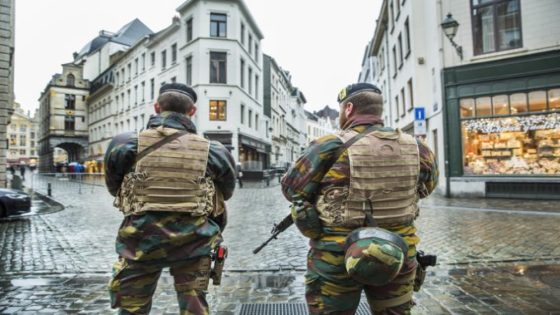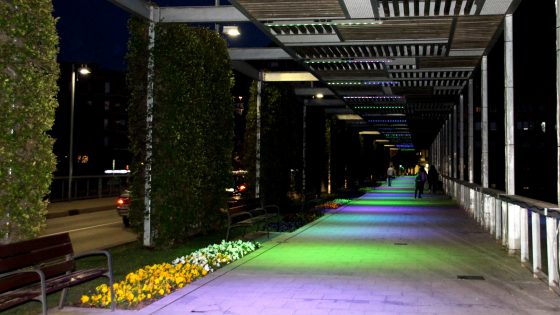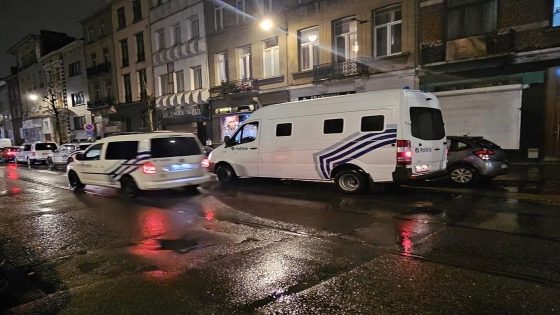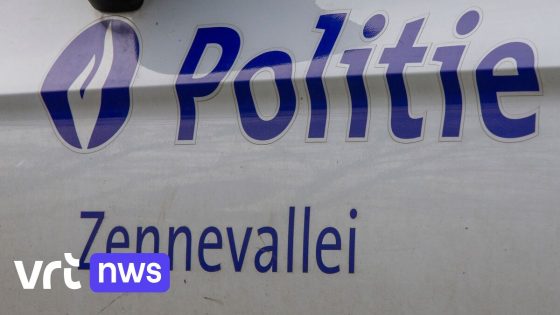In response to escalating drug violence, the Belgian government is considering a controversial move: deploying soldiers for police duties. This decision comes as Minister of the Interior, Quintin, seeks immediate solutions to enhance public safety. Will this military intervention effectively address the rising crime rates?
- Soldiers to assist police due to drug violence
- Minister Quintin advocates military for security tasks
- Aim to increase police presence on streets
- Military unions oppose non-combat roles for soldiers
- Government seeks urgent solutions for public safety
Belgium’s Government Takes Drastic Measures Against Drug Violence
As drug-related crime surges, can military involvement truly help restore order? The Belgian authorities are under pressure to act swiftly. By utilizing soldiers for security roles, they hope to alleviate the burden on police forces and increase their presence on the streets.
The Implications of Deploying Soldiers for Police Work
This unprecedented move raises several questions about its effectiveness and impact on civil liberties. While it may provide immediate relief, there are concerns about militarizing law enforcement and the potential backlash from both citizens and military personnel.
Key Concerns About Military Involvement in Civilian Policing
The deployment of soldiers into policing roles has sparked debates regarding its necessity and consequences:
- Civil Rights Risks: Increased military presence could infringe upon individual freedoms.
- Public Perception: How will citizens react to armed forces patrolling their neighborhoods?
- Moral Dilemmas: Is it ethical to use soldiers trained for combat in civilian situations?
- Sustainability Issues: Can this solution be maintained long-term without negative repercussions?
The Role of Law Enforcement Agencies Amidst Rising Crime Rates
The primary goal behind involving soldiers is to allow police officers more time for proactive community engagement. However, this shift might lead to further complications within law enforcement agencies themselves as they adapt to new operational dynamics.
A Broader Perspective: Lessons from Other Countries
This situation isn’t unique; other nations have grappled with similar issues. For example, some U.S. cities have also considered using National Guard troops during times of crisis. What can Belgium learn from these experiences? Understanding past outcomes can guide policymakers in making informed decisions moving forward.

































